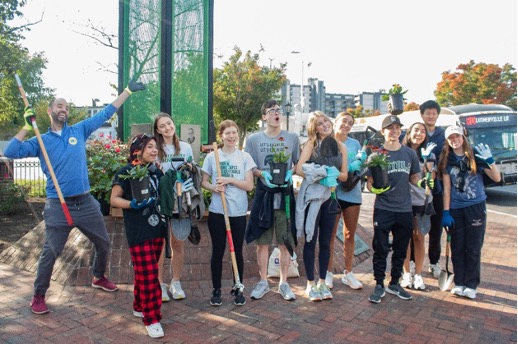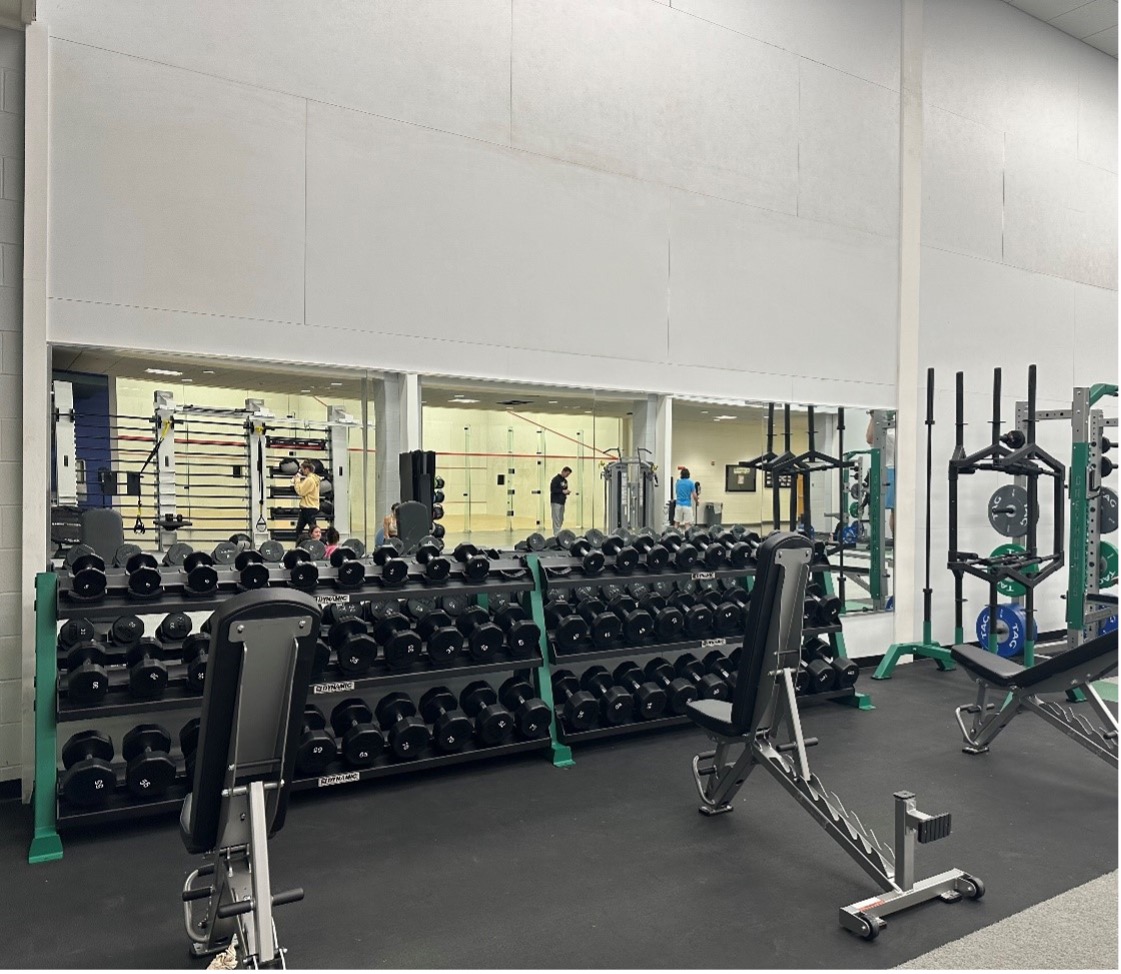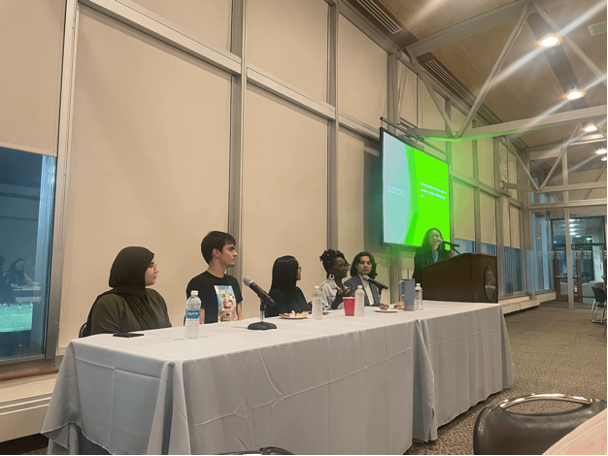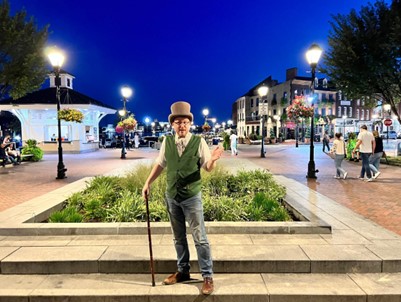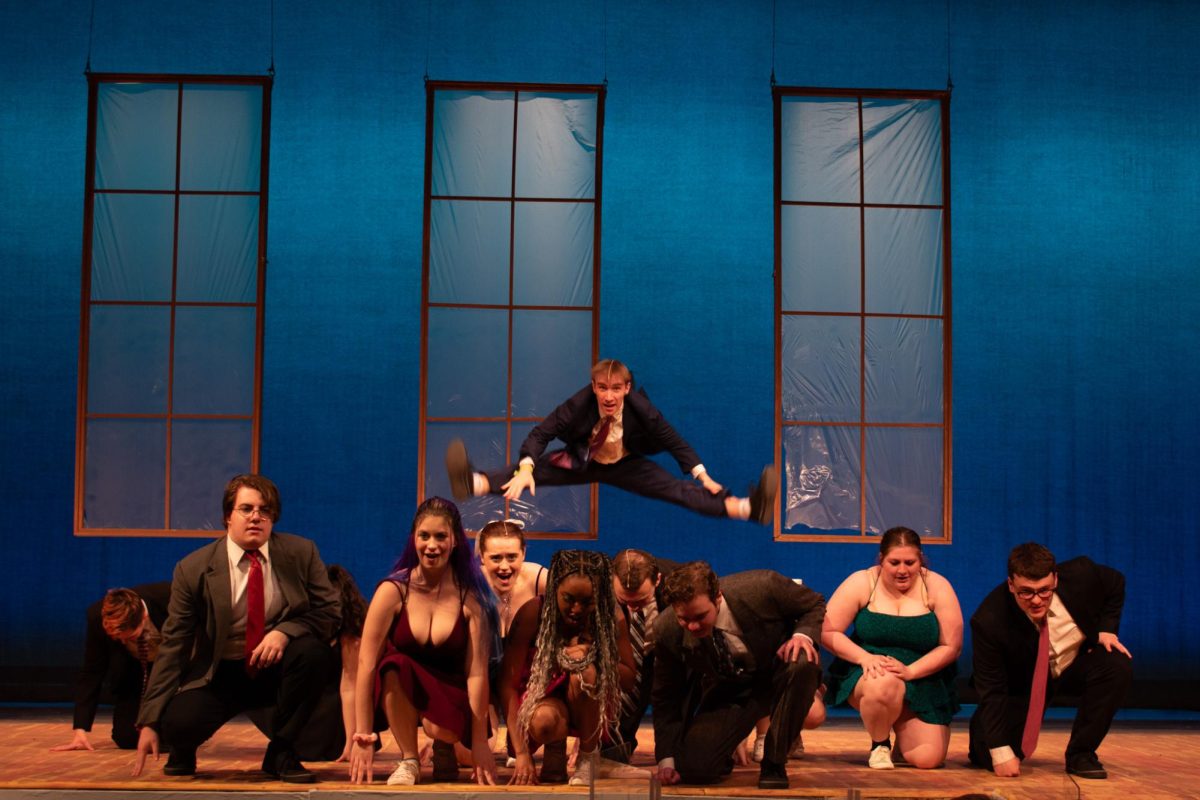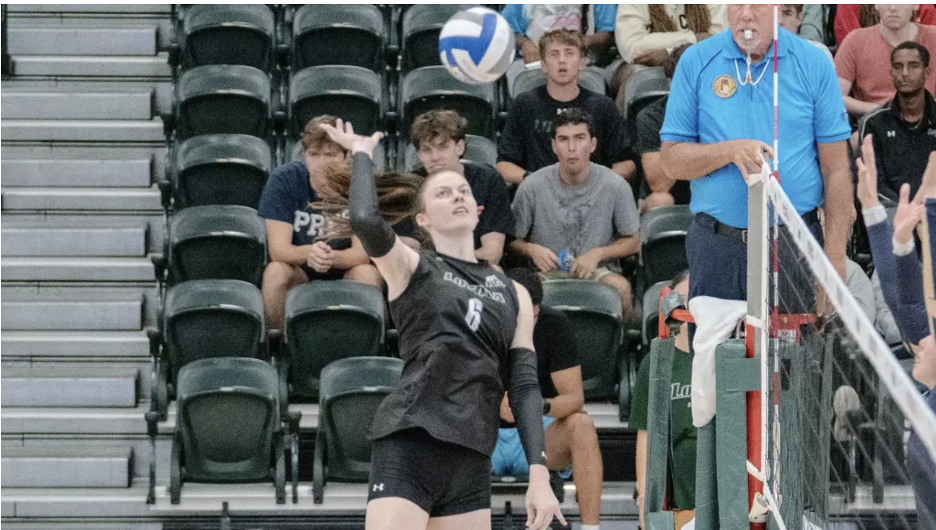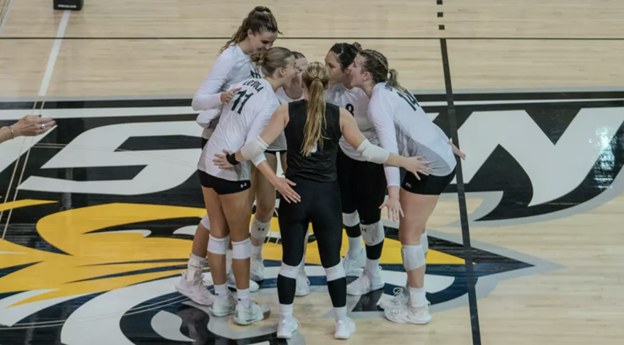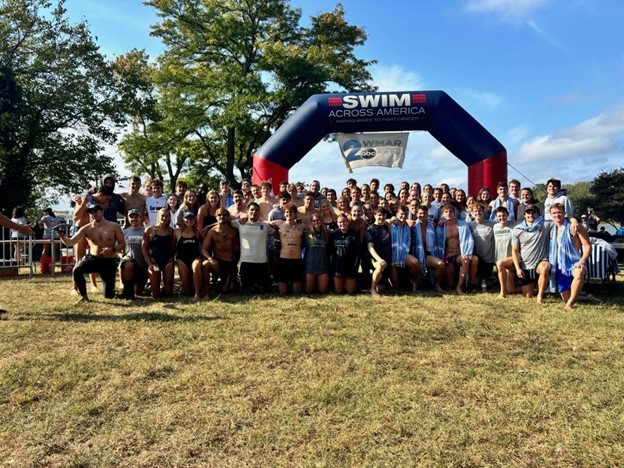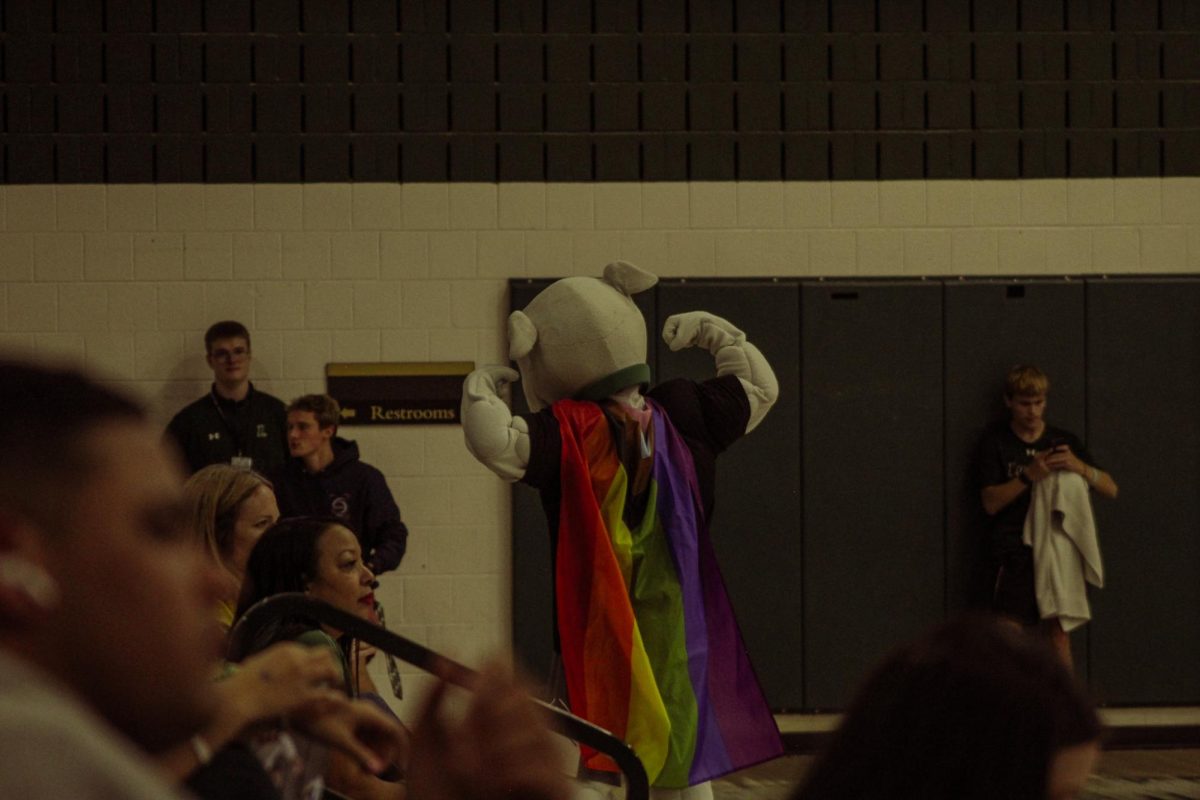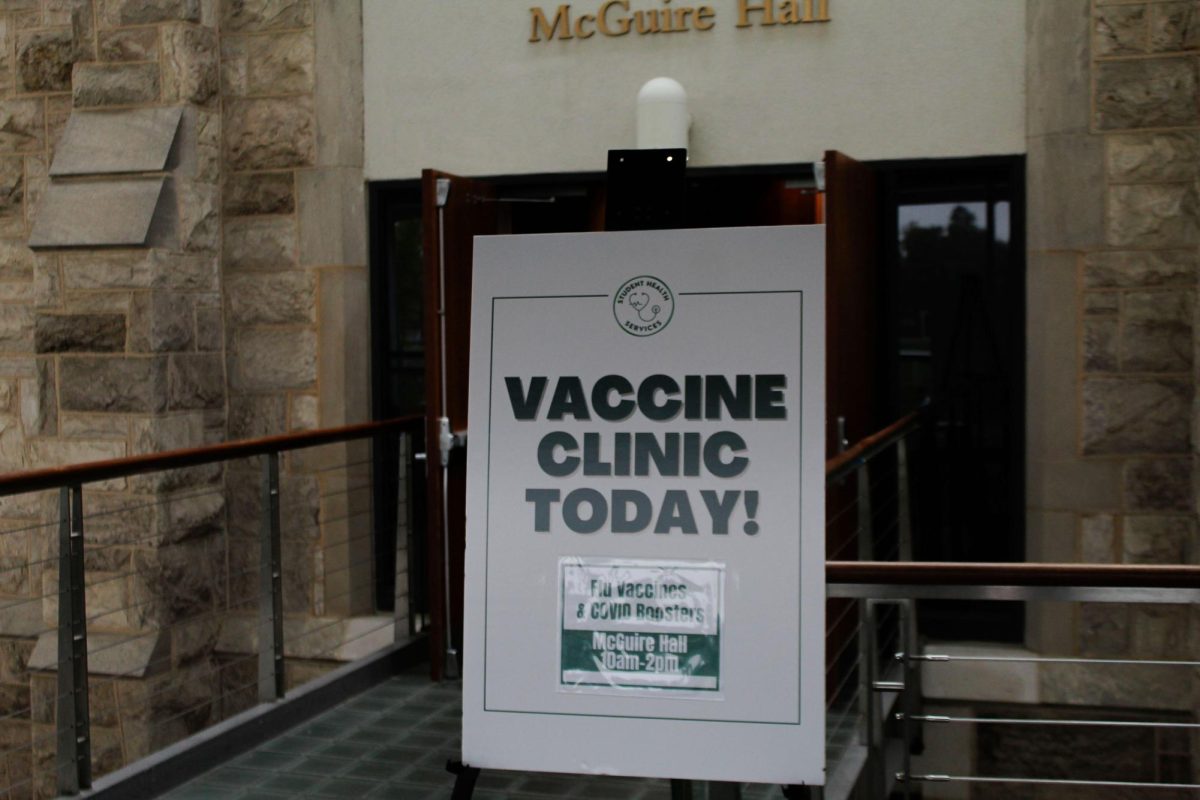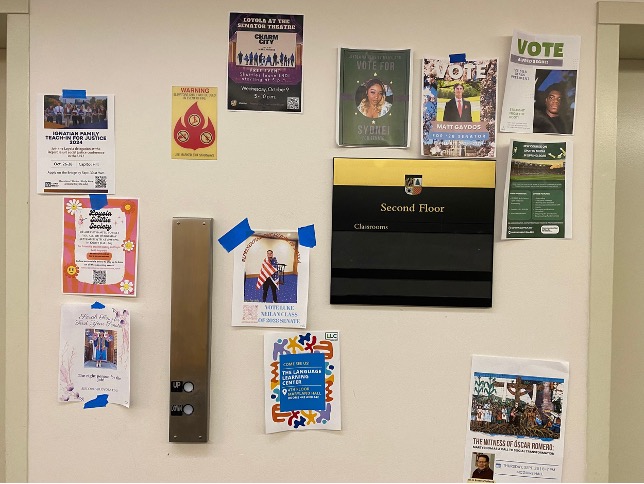With the spring semester approaching, many seniors are still weighing their post-graduate options. After completing their undergraduate degrees, many Loyola students are looking to start their careers, internships or graduate school programs. However, there is a third option that a majority of seniors sometimes do not consider: service.
On Monday, November 4, Loyola’s Center for Community Service and Justice (CCSJ) and Career Center partnered to hold a post-graduate service fair. About 36 nonprofit and volunteer programs sent representatives to educate Loyola students on the various service opportunities available after graduation.
Mary DeManss, assistant director of the Career Center, explained that most programs last one or two years and afford students the ability to gain working experience before entering the workforce or graduate school.
“If you’re thinking about grad school, [post-graduate service] would look favorable,” said DeManss.
DeManss also added, “I think it’s important for students that are going to be graduating that they have options available to them. If some options don’t work out, going to fairs like this give you other options.”
“I went to see what other options I’ll have after graduation, and to kind of explore beyond what you would usually see in terms of faith-based service,” said senior Edwin Ortiz.
The fair featured several different types of service programs, some of which were founded by Jesuit organizations. Representatives were available from nonprofit organizations and both domestic and international volunteer programs.
Malia Maniyatt, CCSJ’s program coordinator, explained that the programs represented at the fair place students in nonprofit organizations or agencies that partner with academic institutions or other organizations to train students and explain the basic service mission.
From there, the graduates are placed within their service organization, taught the necessary skills to effectively do their jobs, and begin their service program.
Oftentimes, Maniyatt explained, organizations will teach graduates to do certain jobs that would otherwise require certifications or special education; giving volunteers experience in areas they may not initially be qualified for.
“You get to do things you’re not qualified to do, but get training for,” Maniyatt said explaining that learning skills prior to obtaining a certification gives the volunteers an advantage when they go to become certified. Additionally, she said such opportunities allowed volunteers to learn what kind of careers or graduate programs they would be interested in.
“A lot of students found their passion or career while taking this one-year service opportunity,” said Maniyatt.
Maniyatt also said volunteers receive several economic benefits including a place to live, whether it be a community living situation provided by the service organization, or a stipend that allows volunteers to find their own place to live within the community. Volunteers also receive a stipend, ranging from $150 to $1,000 depending on the organization and the provided living arrangements.
“They do get paid; it’s not a big pay, it’s not close to what they would get in a normal job,” said Maniyatt, however volunteers receive several benefits to ensure that they are somewhat financially stable.
Additionally, many domestic service organizations provide an educational award—the AmeriCorps Education Award—of $4,725 at the end of the program for volunteers, which Maniyatt said might help contribute to paying off student loans or paying for graduate school. While the sum does not equal the salary graduates would earn if they entered the workforce immediately after college, Maniyatt pointed out that most graduates could not save $4,725 due to bills and other expenses.
Volunteers also receive loan deferment on their student loans while participating in the one or two-year service programs. Not only that, but volunteers can defer their graduate school acceptances so that they may participate in service.
Maniyatt said she was very happy with the fair’s turnout. She said 76 seniors were in attendance, which is about 8 percent of the graduating class.
She also said some of the program representatives told her that they enjoyed talking with Loyola students. Maniyatt explained that this is because Loyola students tend to ask many questions in a more sophisticated way in comparison to students at other universities. The positive impression Loyola seniors gave to the service representatives was enough for Maniyatt to call the fair a success.



